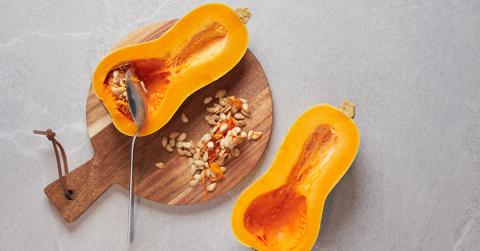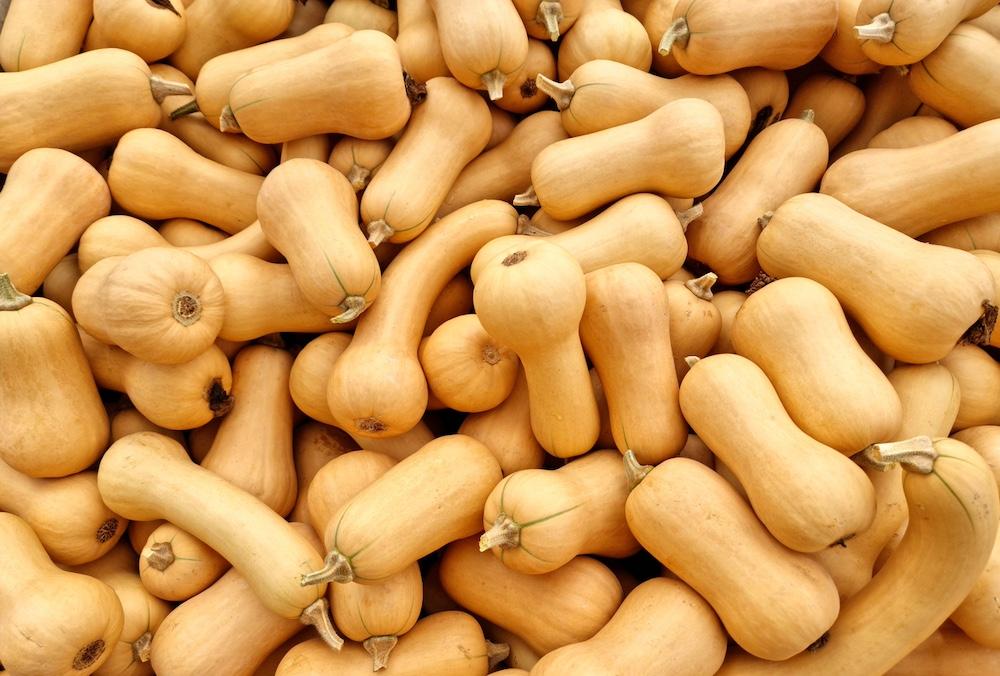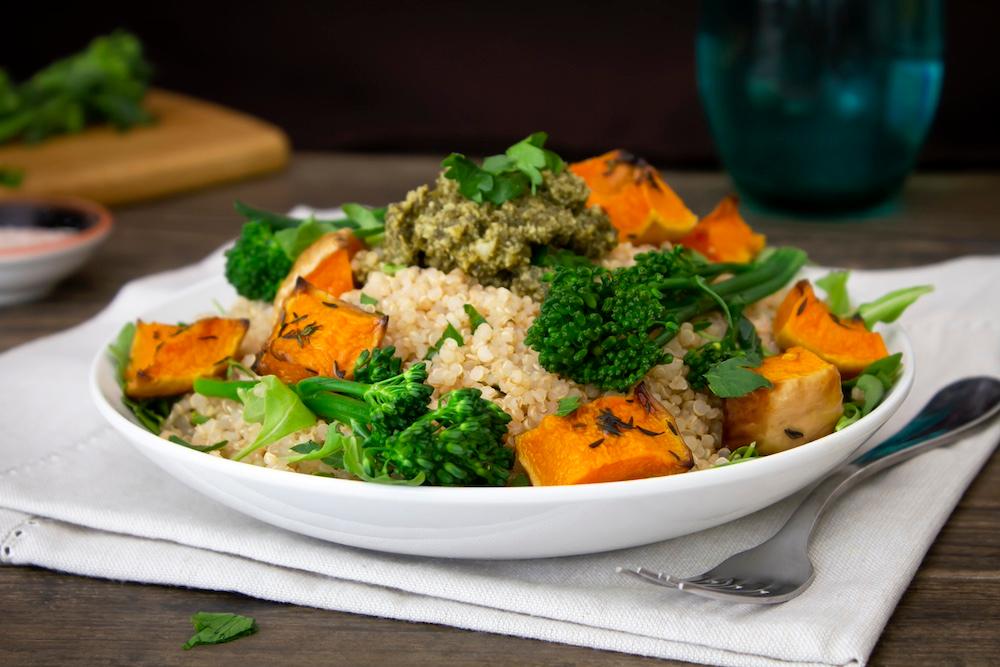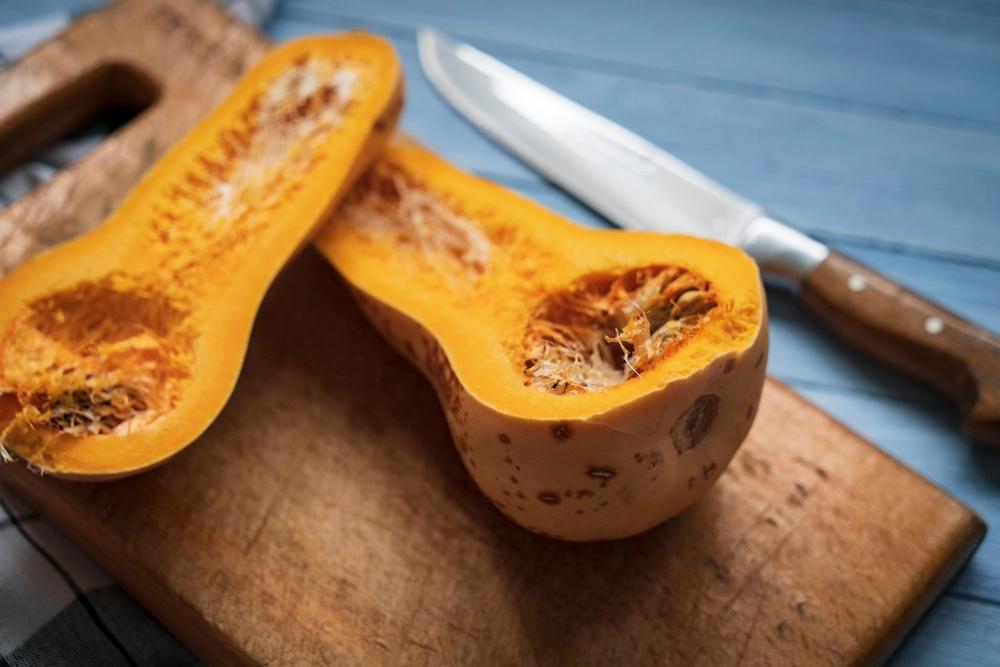Eating Butternut Squash Skin May Be Possible, but It Won't Be Easy
Eating the skin of a butternut squash can save you time and energy when it comes to preparing a meal — but chewing it may be difficult.
Published June 11 2024, 3:24 p.m. ET

In America, eating squash is best associated with the fall season. For butternut squash, in particular, you may have always seen it cut in half with the inside scooped out and served as a side dish or as a part of another meal. But only eating the inside of squash might seem wasteful — what do you do with the skin?
Whether you're an adventurous eater or just trying to prevent waste, you may be curious to know if you can eat the skin of a butternut squash. And if you can, is it even worth the effort? Here's everything you need to know about the skin of butternut squash — and the potential pitfalls of eating it.

Can you eat the skin of a butternut squash?
According to chef Jamie Oliver, yes, you can eat butternut squash skin. His website says that all you need to do is scoop out the seeds. Then, to cook the whole squash, cut the fruit into cubes, and dig in! If you're surprised to discover that yes, butternut squash is technically a fruit (per Healthline), then you may be even more surprised to discover that squash can be baked into different desserts as well.
However, before you dig into some yummy squash recipes, a word of caution.
Colin Mills, senior recipe developer at HelloFresh, told The Huffington Post that the skin of winter squashes like acorn, butternut, and honeynut can be tough to eat since it's so much thicker than summer squashes like cousa, yellow squash, and zucchini.

If you're not too shy about texture, great news! Despite a chewier exterior, you are more than welcome to eat the skin of the squash. In fact, as with most foods, the more you cook it, the easier it is to eat. However, that doesn't mean it will ever be very soft. Regardless of how long you heat it, it will always be somewhat tough and chewy.
Is the skin of butternut squash good for you?
Butternut squash skin can be good for you. According to Eating Well, there are all kinds of benefits to eating butternut squash skin. This includes:
- Zeaxanthin
- Fiber
- Magnesium
- Potassium
- Vitamin A
- Vitamin B
- Vitamin C
As for the zeaxanthin, Healthline says this is a carotenoid molecule that is said to help support your eye health and prevent muscle loss.

Eating Well also points out that butternut squash skin may also support your immune system and heart health, even if the taste may be an acquired one. On Reddit, some commenters love the taste and texture, while others pass on the experience — it really depends on your personal palate.
Although squash grows in America during September and October, it can be added to many recipes. Well Plated features a Roasted Butternut Squash recipe that is easy enough to make as a sweet yet filling side dish. Additional ingredients like cinnamon, maple syrup, and rosemary are used to make the meal that much more appetizing.
As long as you keep an open and creative mind, the opportunities are endless! So if you're looking to change up your diet, maybe try butternut squash skin.